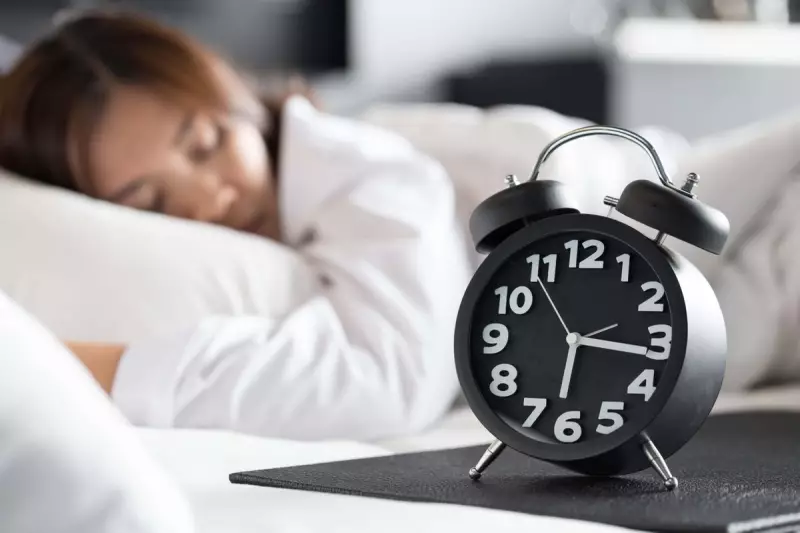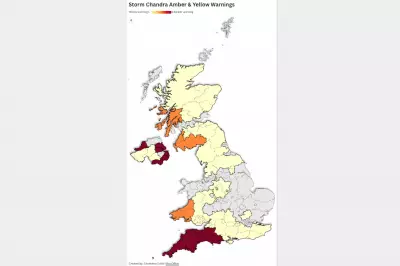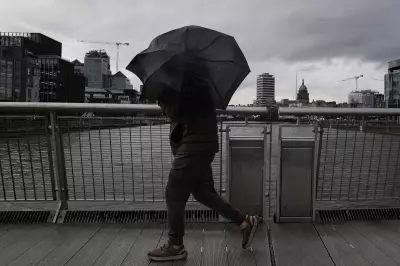
Mark your calendars and prepare for an extra hour in bed! The annual ritual of turning back the clocks is approaching, signalling the end of British Summer Time and the beginning of darker evenings.
When Do Clocks Go Back in 2025?
In 2025, the clocks will go back by one hour on Sunday, October 26th at 2:00 AM. This marks the official transition from British Summer Time (BST) back to Greenwich Mean Time (GMT).
This seasonal time shift means we'll gain an additional hour of sleep that night, but it also heralds the arrival of noticeably shorter days and longer nights as winter approaches.
The History Behind the Time Change
The practice of changing clocks dates back over a century in the United Kingdom. It was first introduced during World War I through the Summer Time Act of 1916, primarily as a measure to conserve energy and make better use of daylight hours.
While the original purpose focused on saving fuel during wartime, the tradition has persisted through decades of debate about its modern relevance and effectiveness.
What to Expect When Clocks Change
- Lighter mornings: Sunrise will occur approximately an hour earlier
- Darker evenings: Sunset will arrive an hour sooner
- Temperature drop: The change typically coincides with cooling autumn weather
- Wildlife patterns: Animals and birds may adjust their daily routines
Looking Ahead to 2026
For those planning well in advance, the clocks will spring forward again to British Summer Time on Sunday, March 29th, 2026. This annual pattern continues unless legislation changes the current system.
While many European countries have debated ending seasonal time changes, the UK continues to follow this century-old tradition, blending historical practice with modern life.





